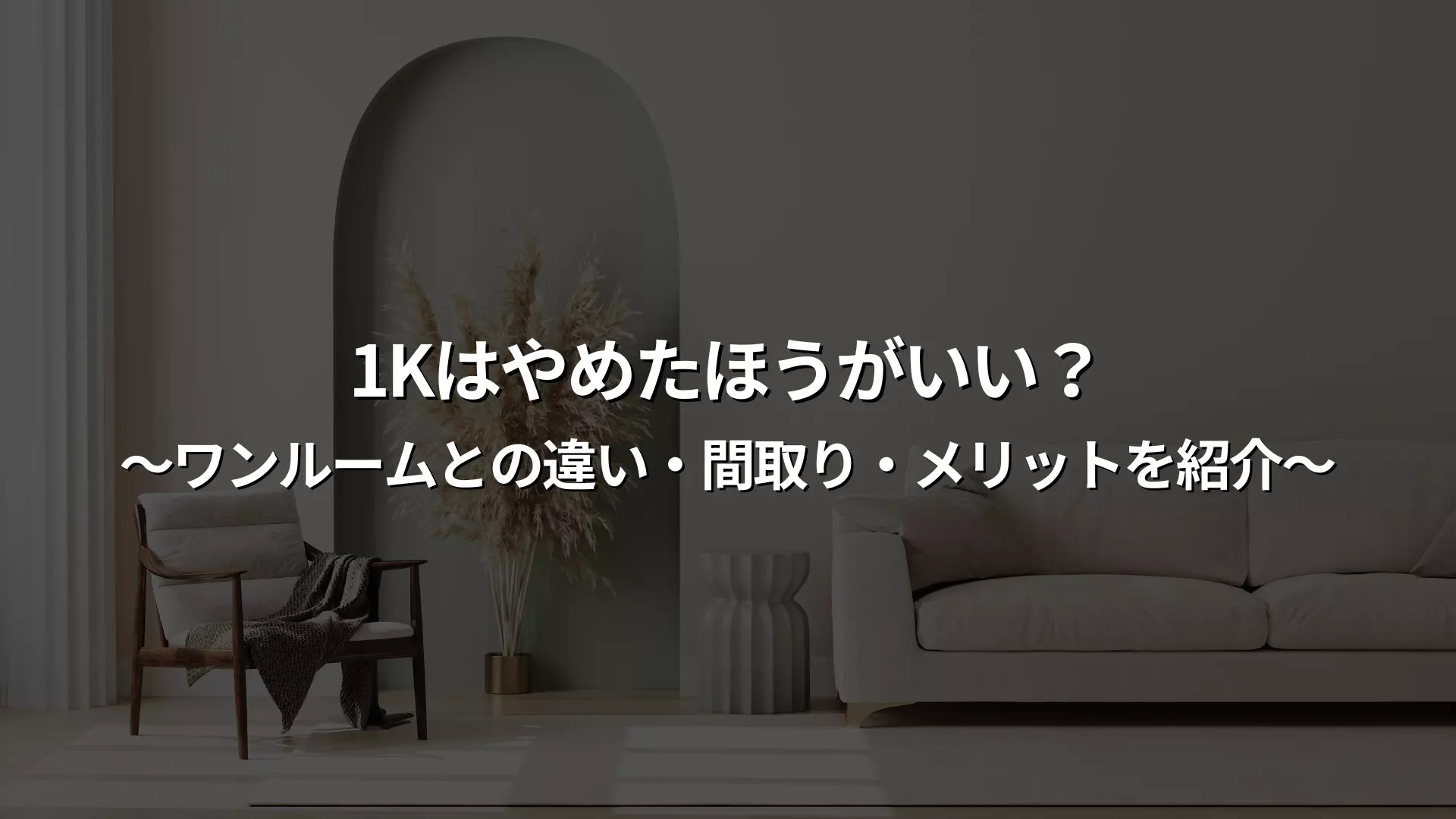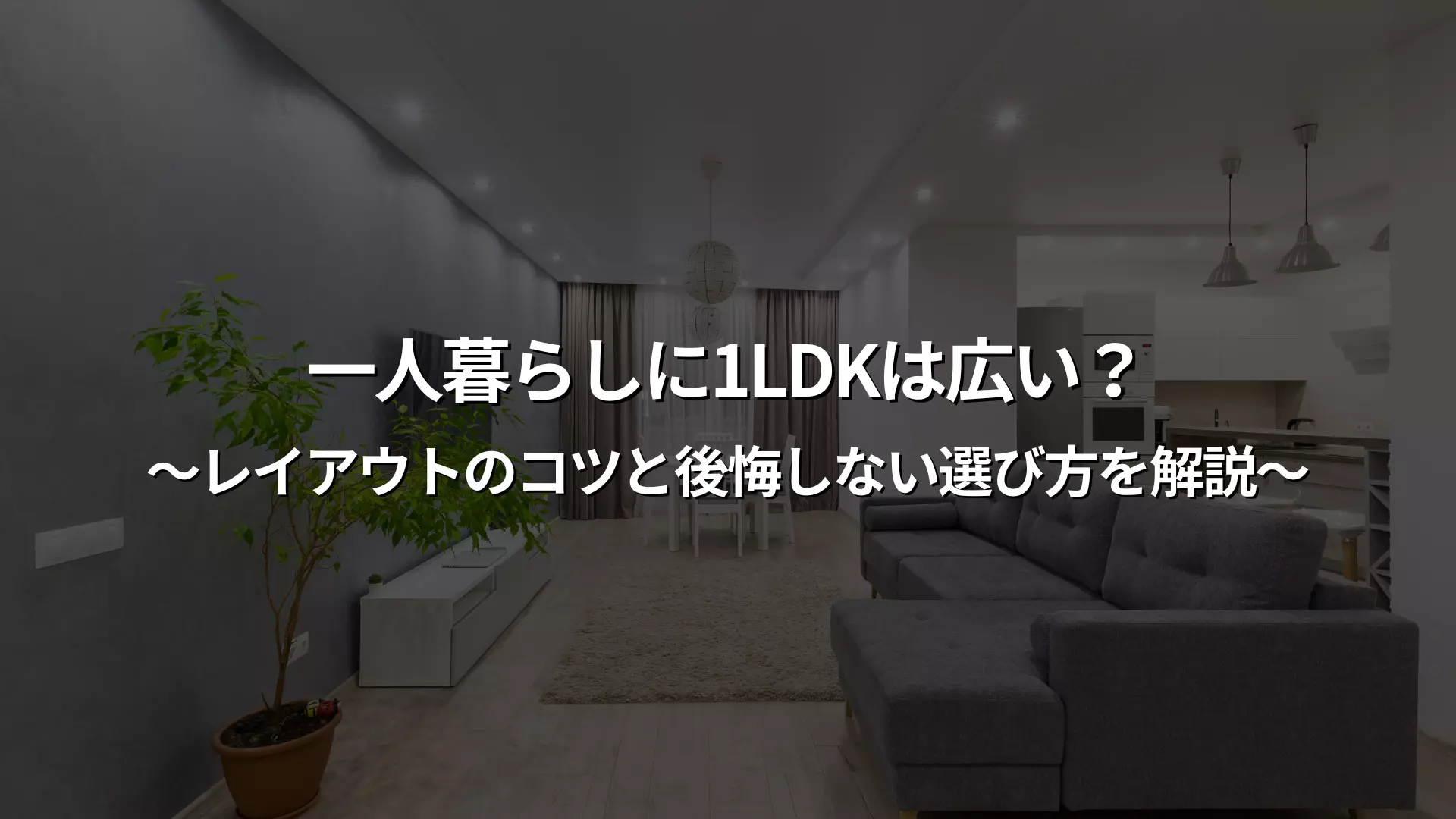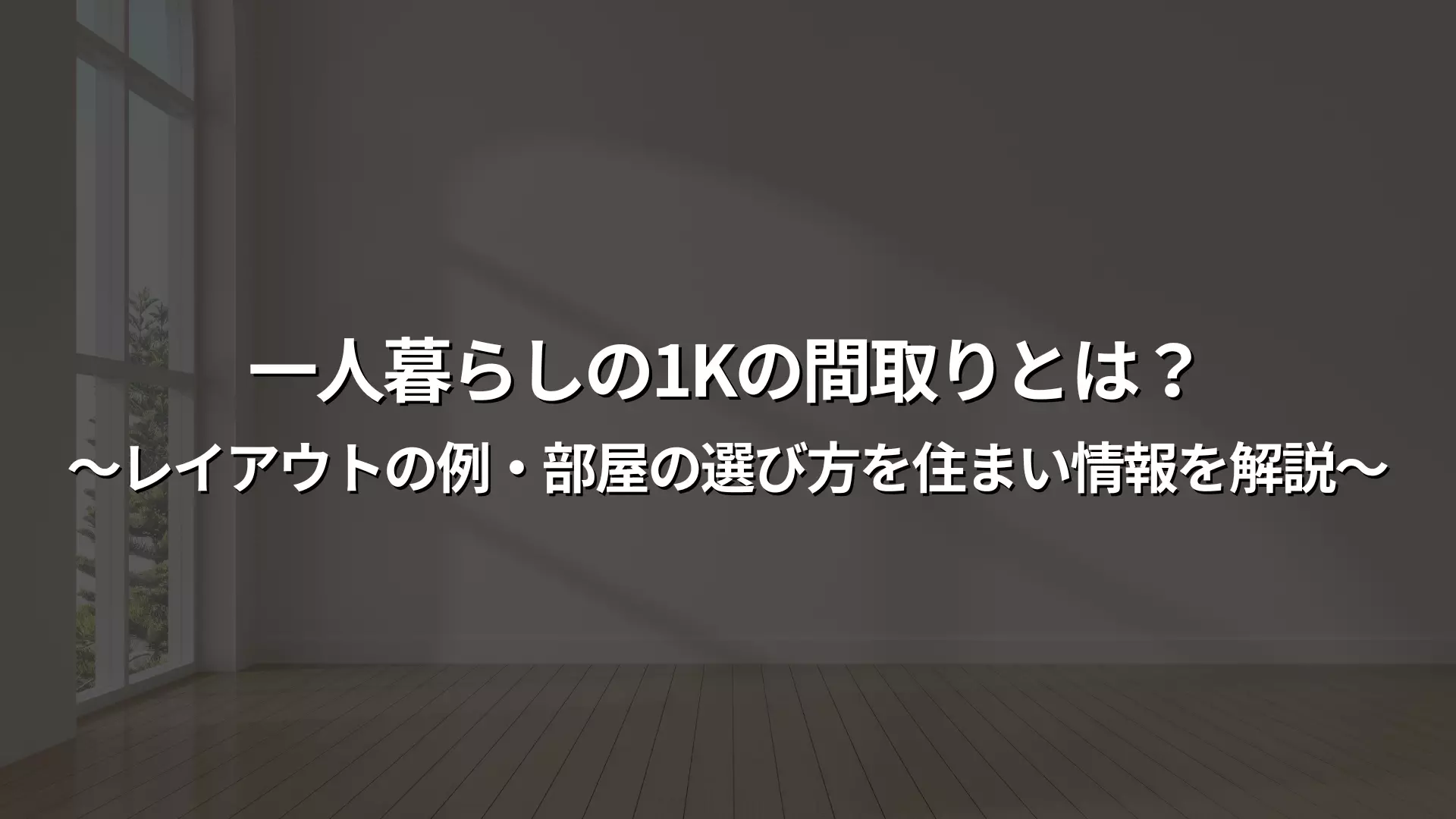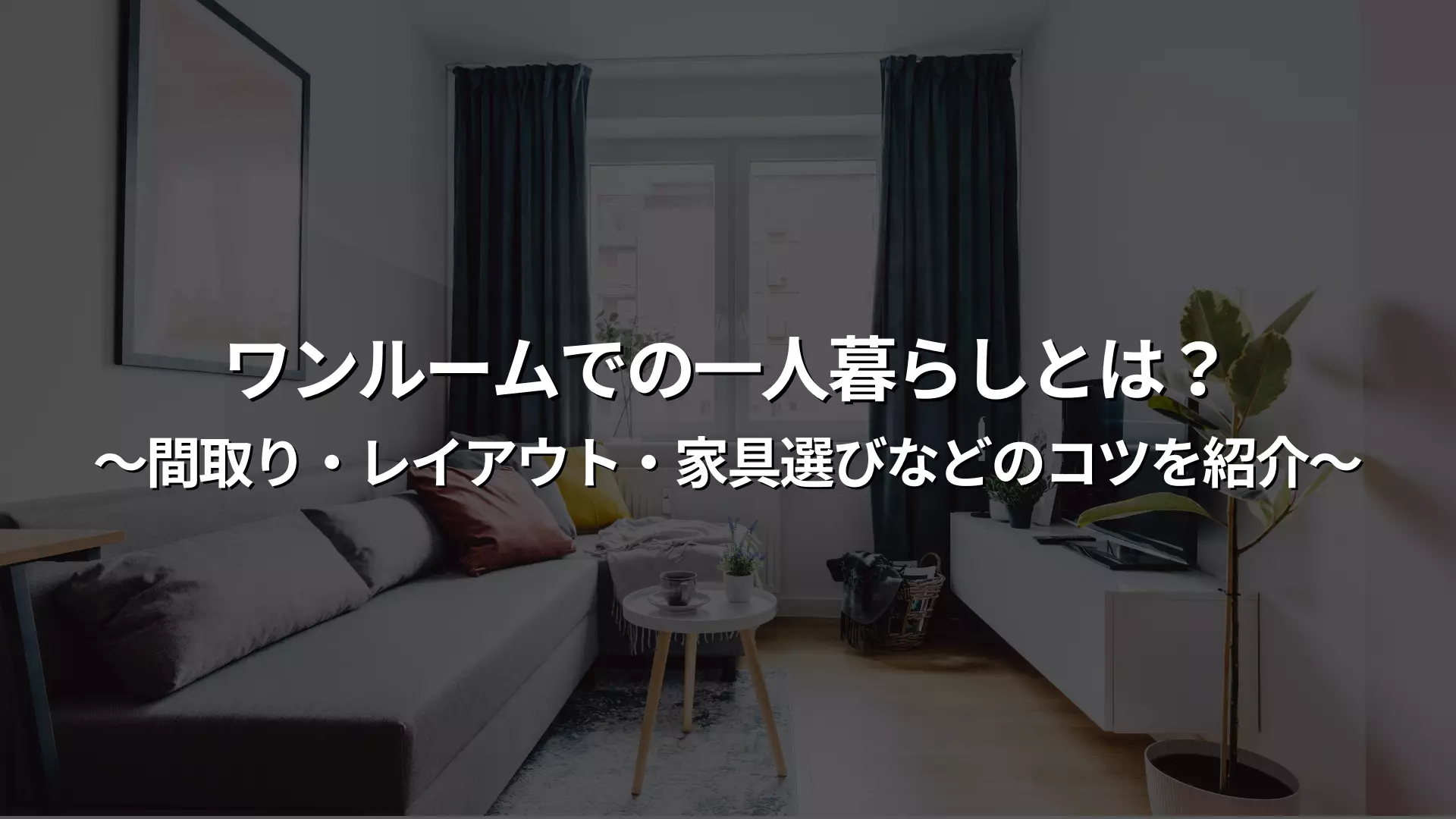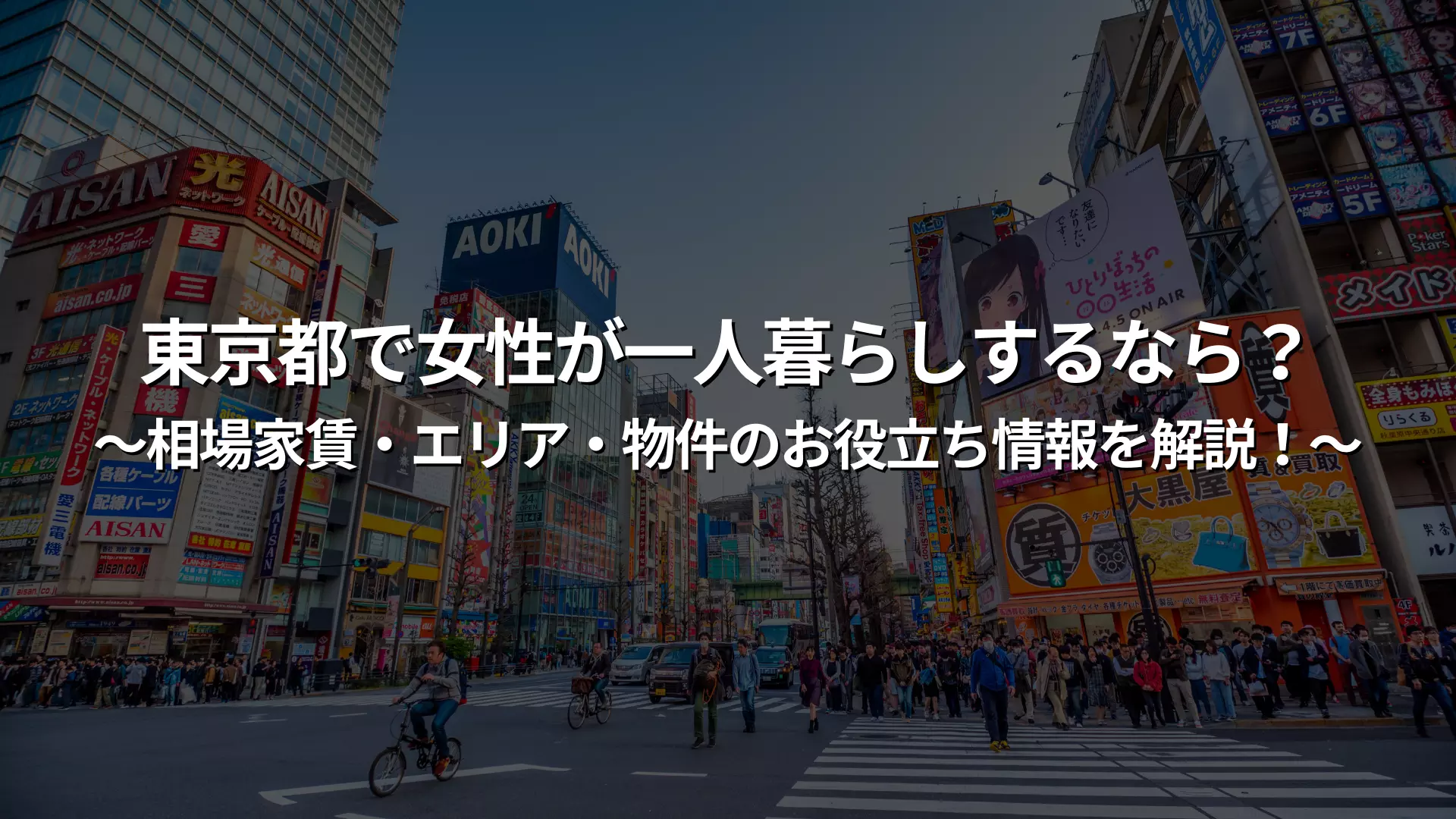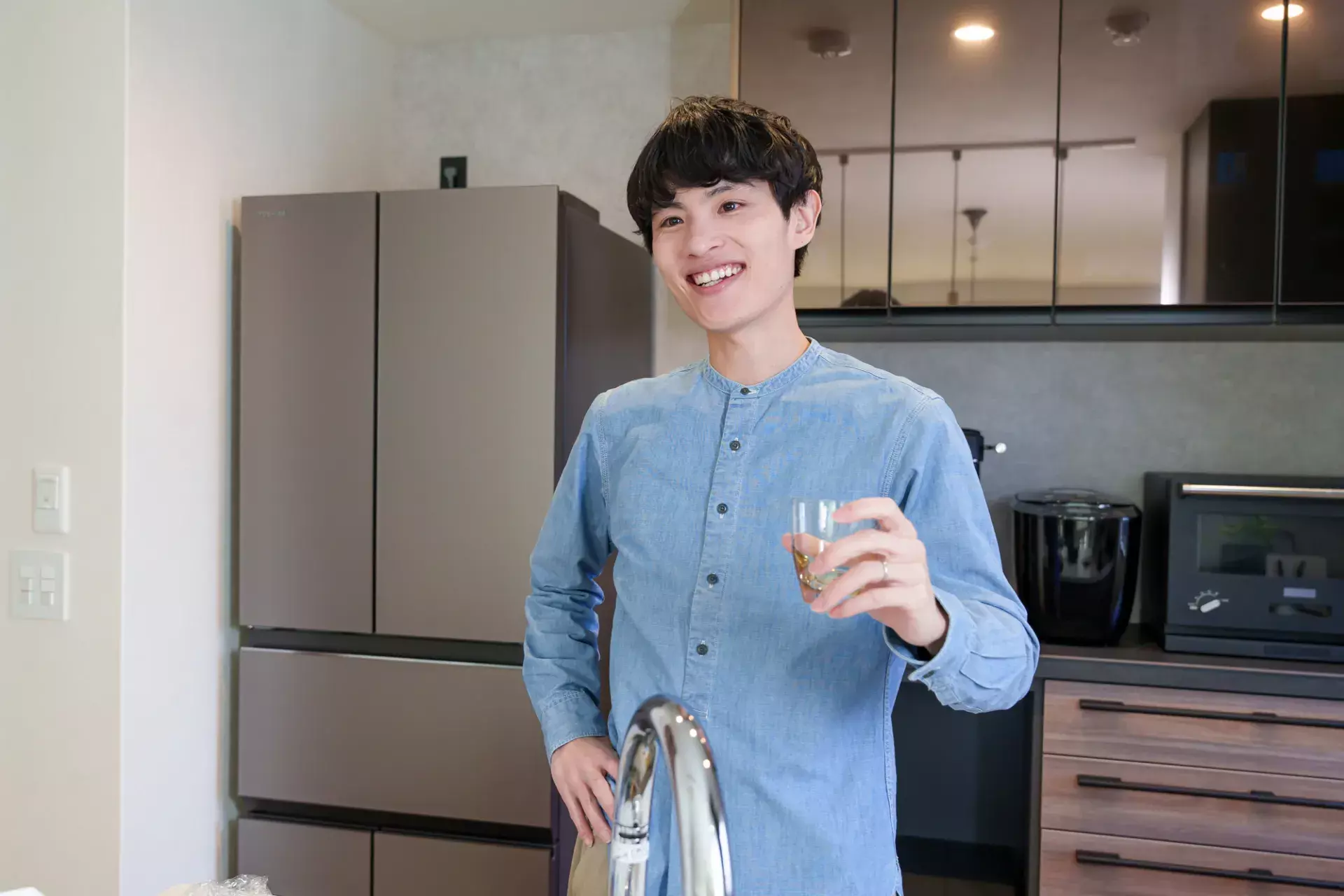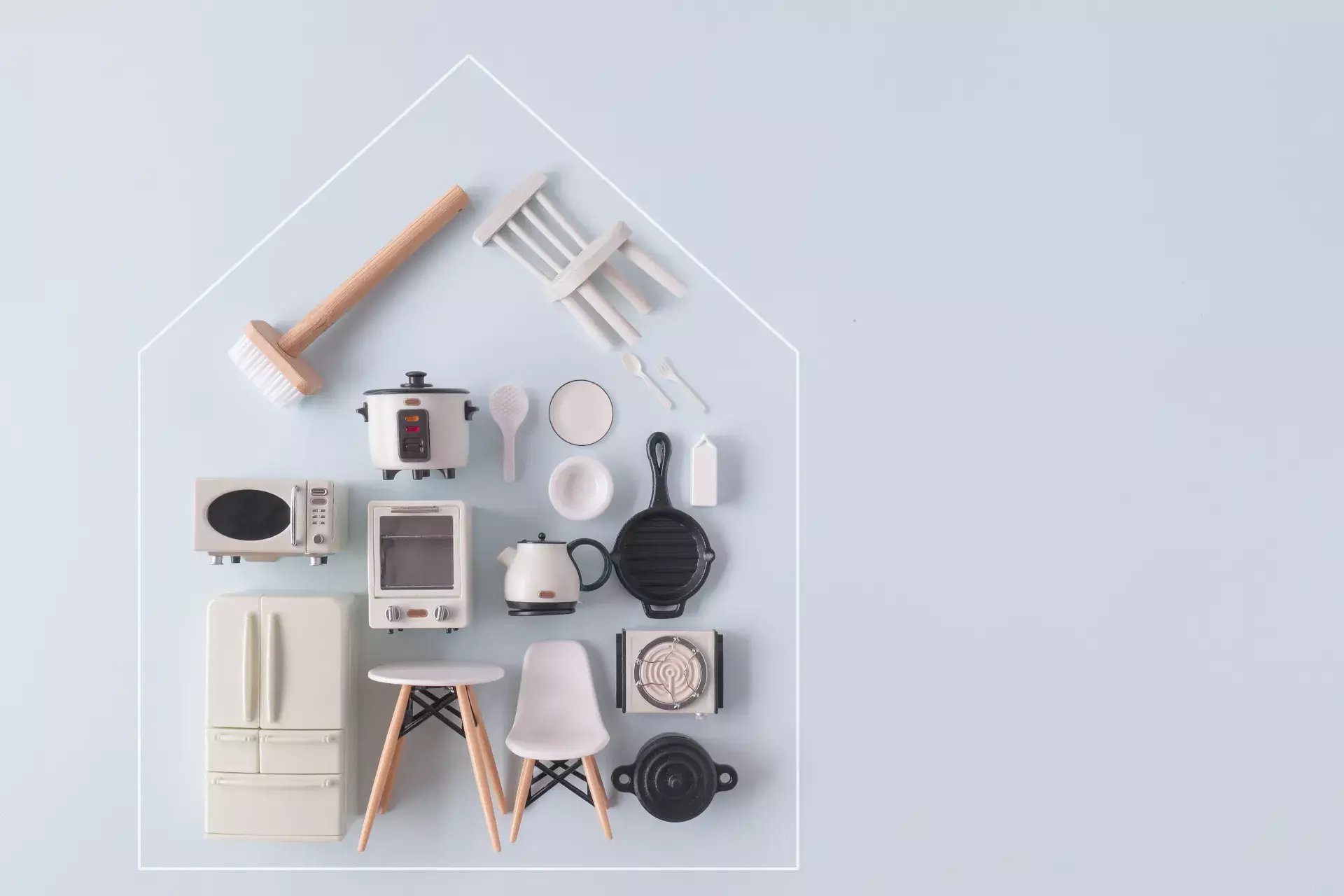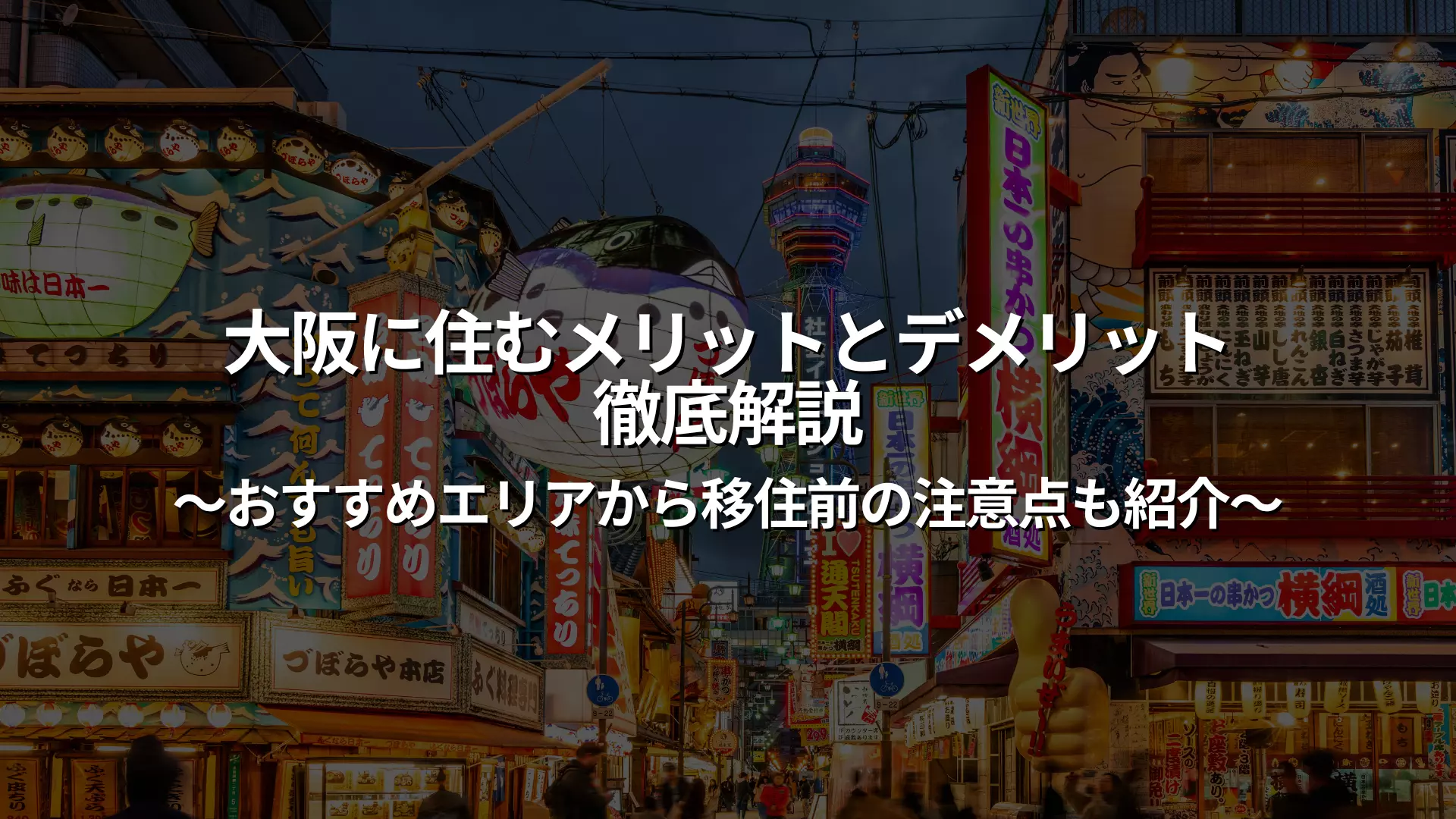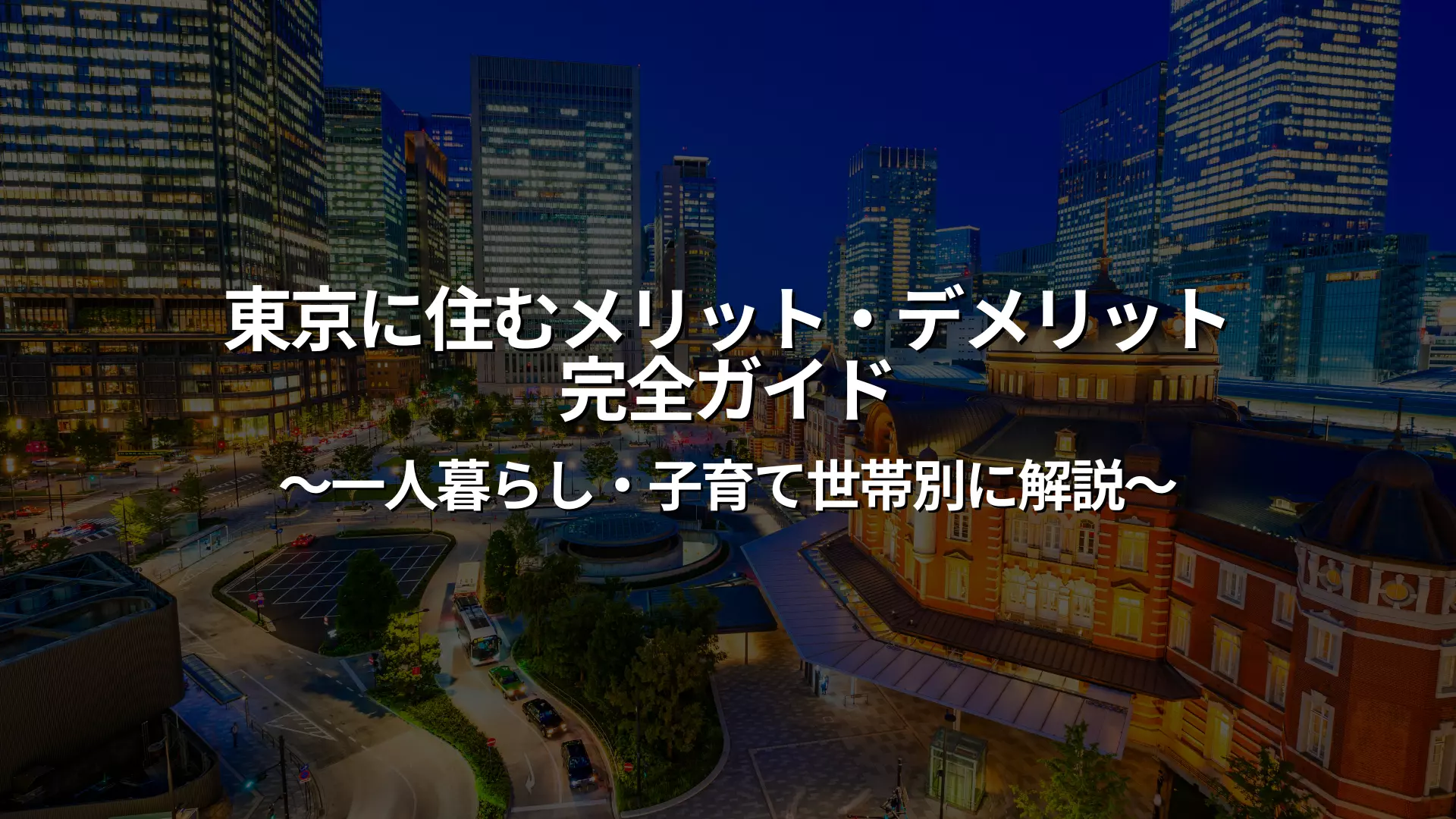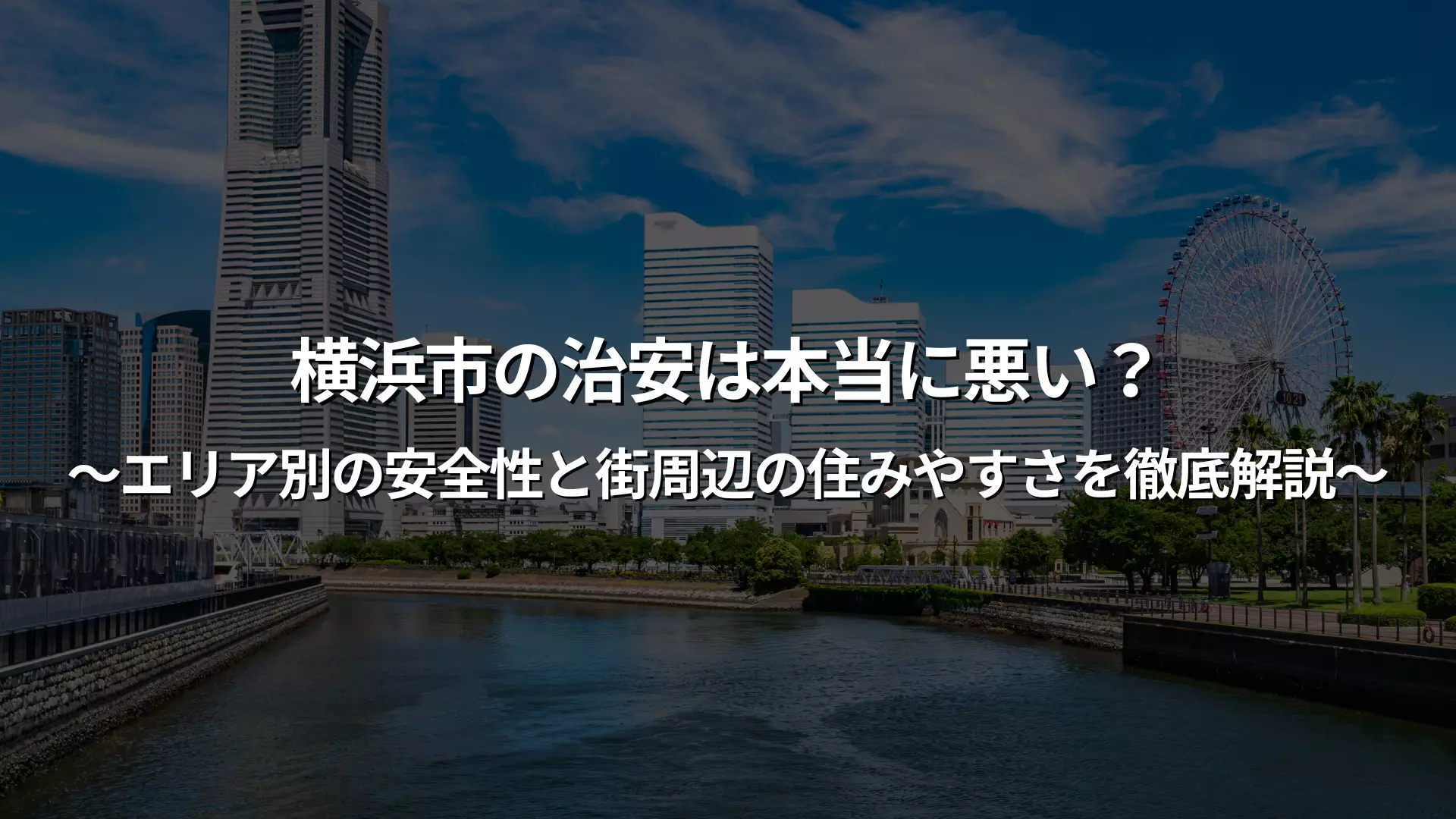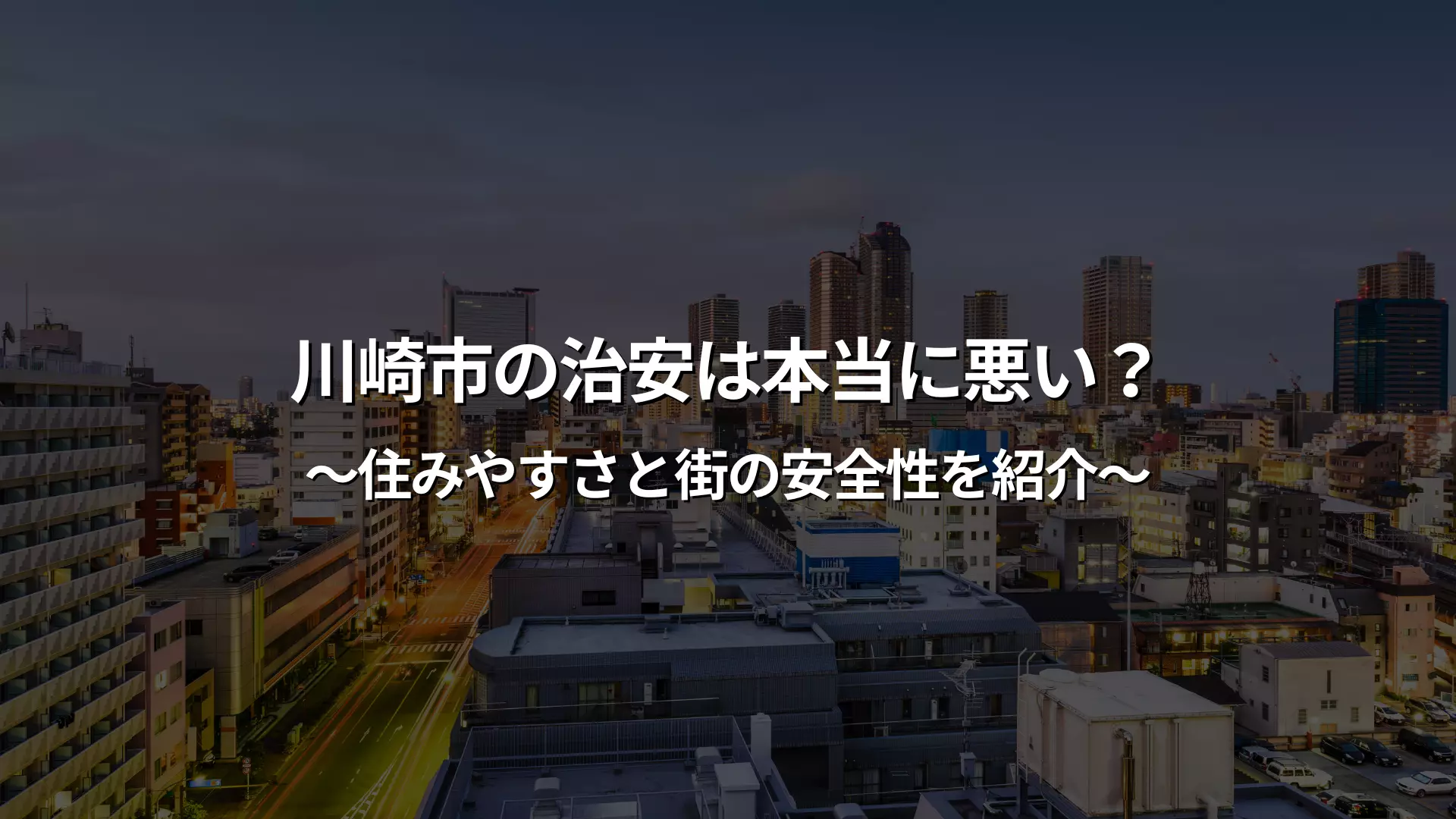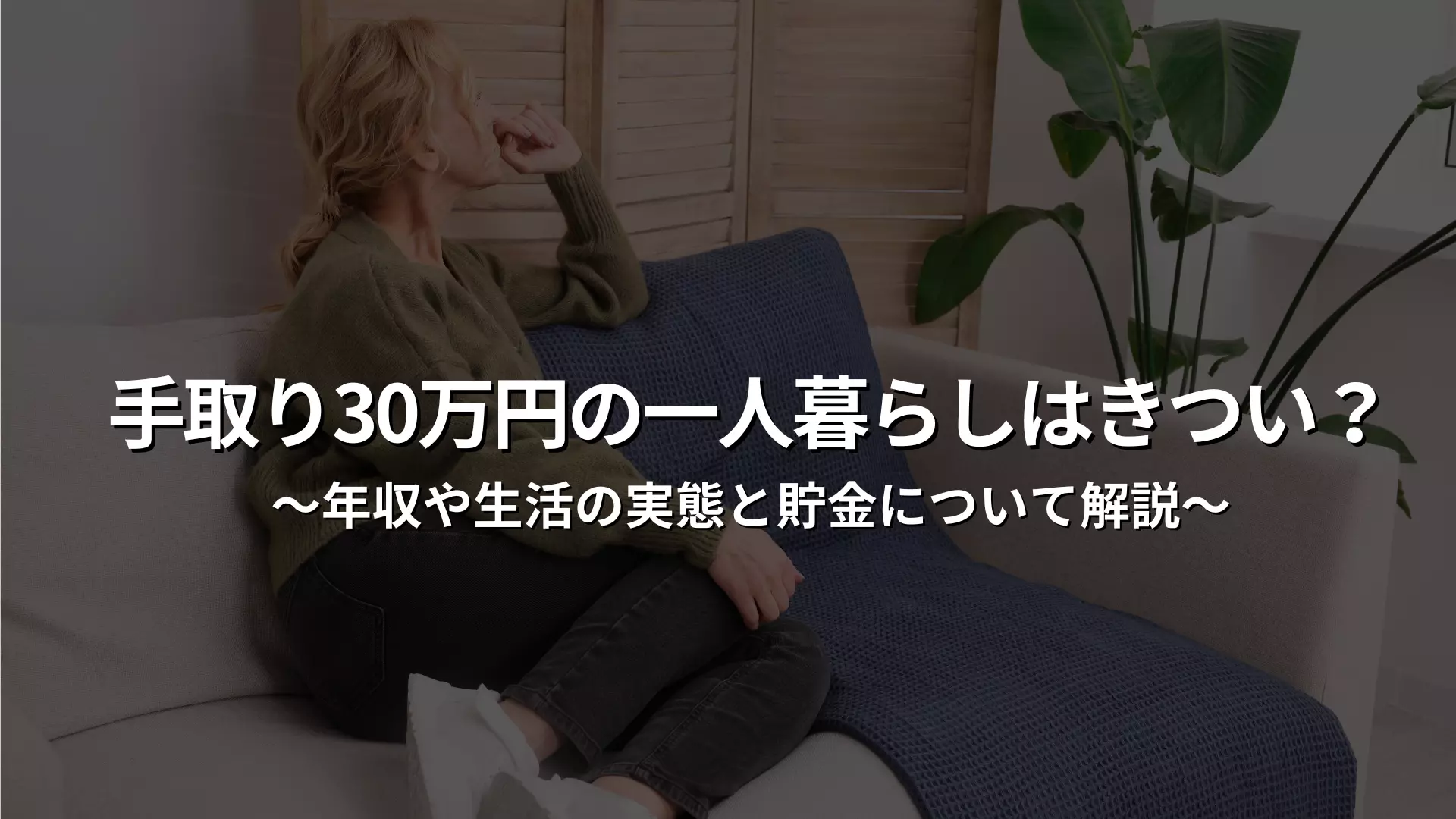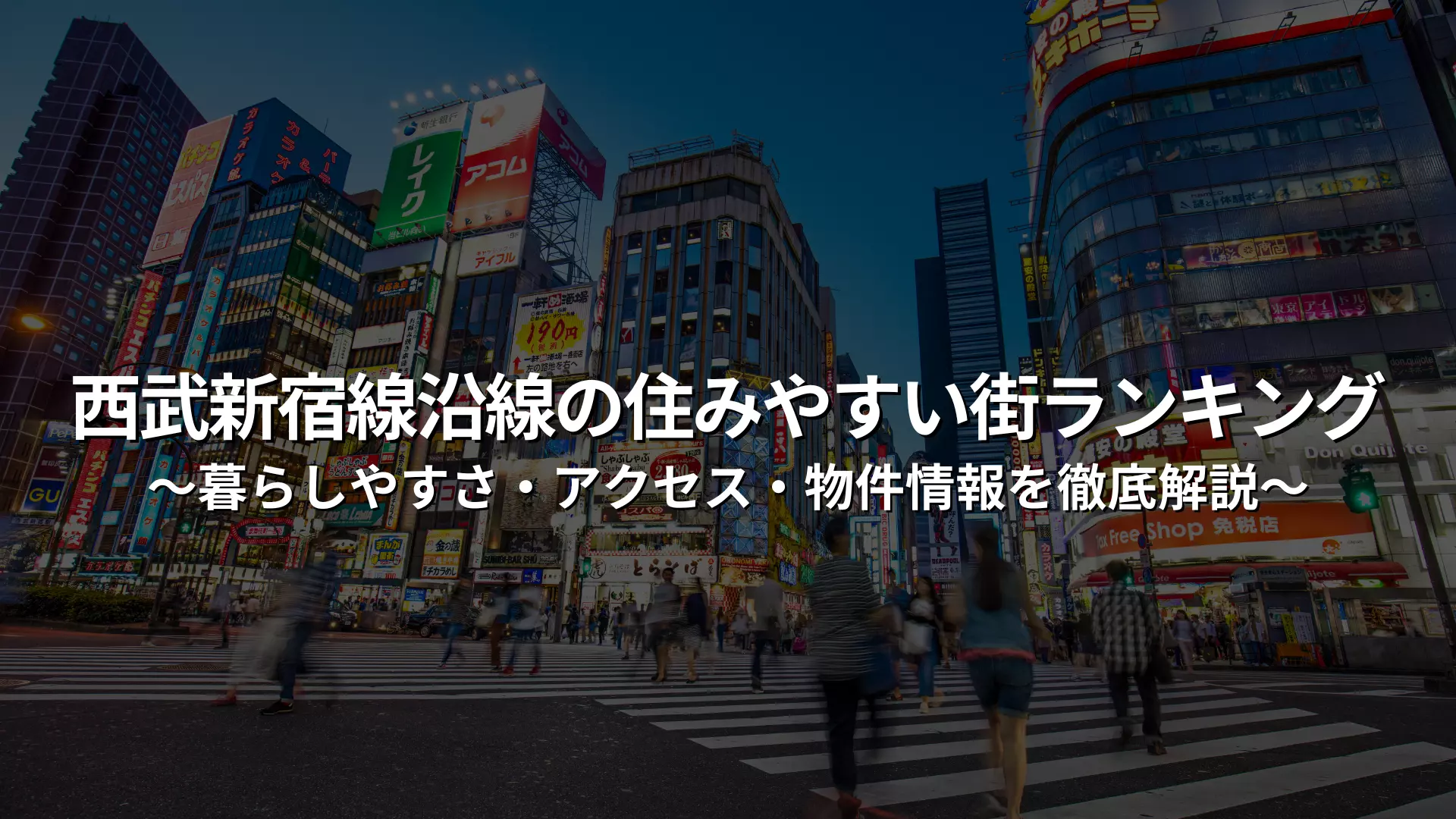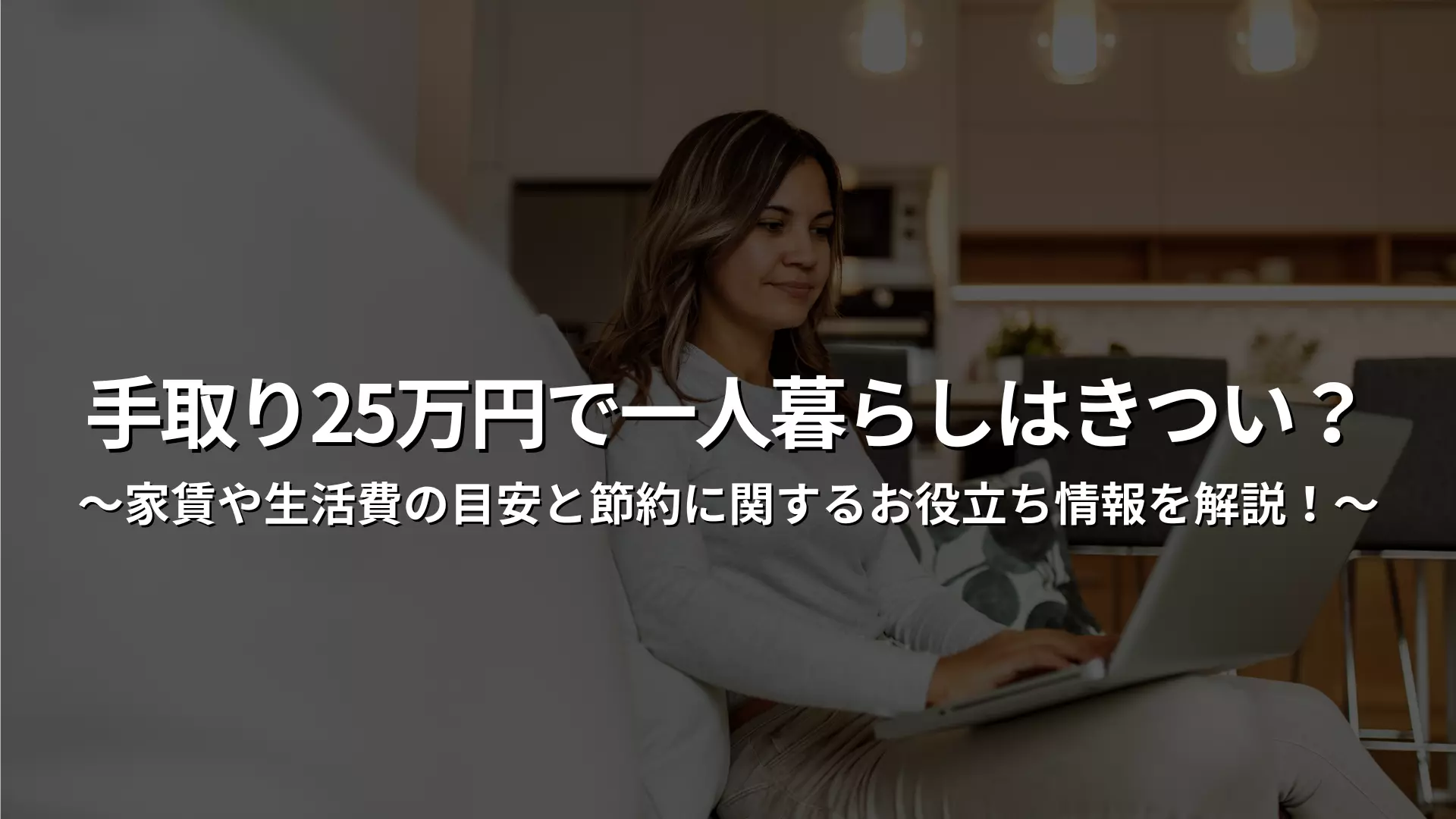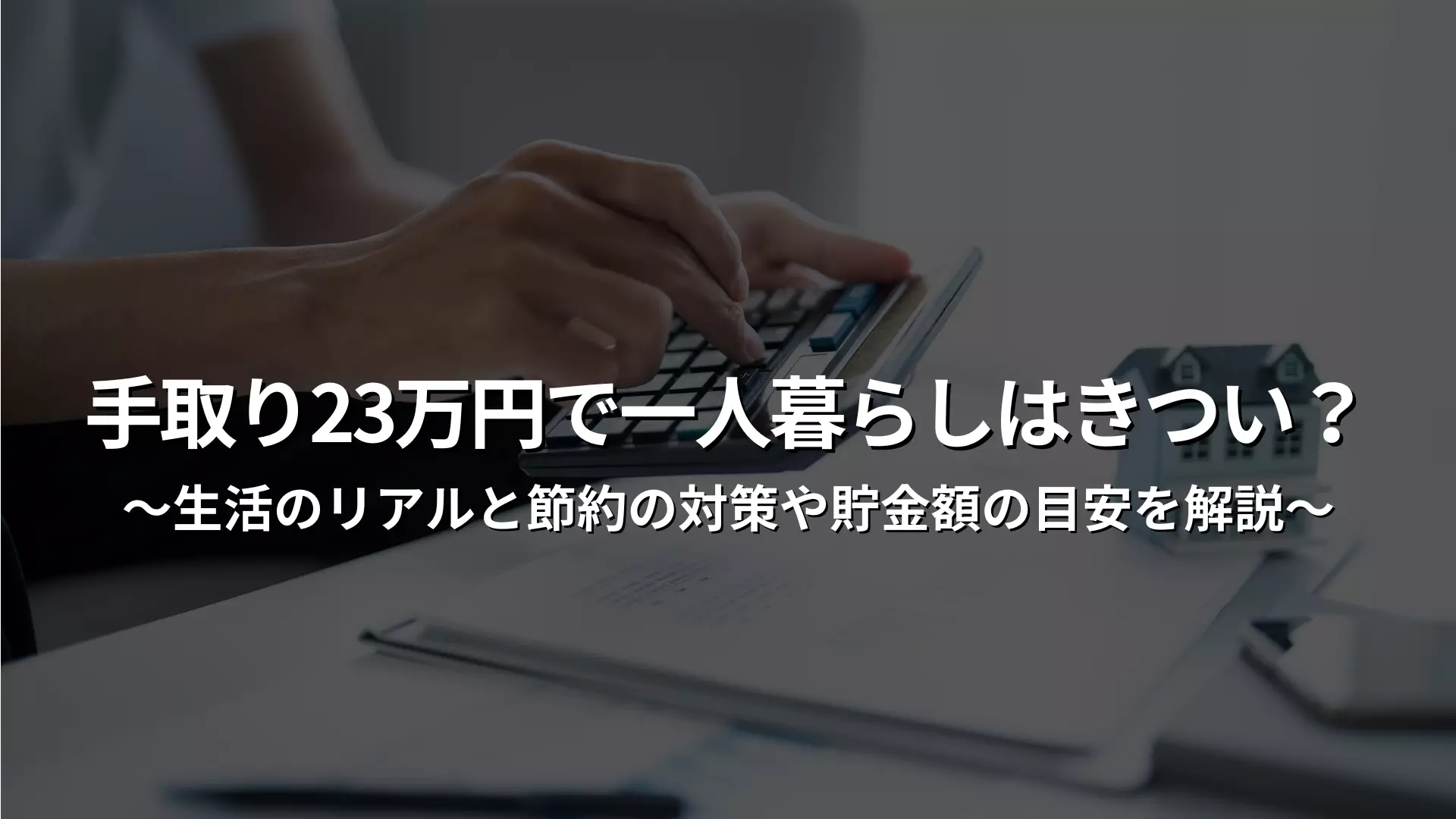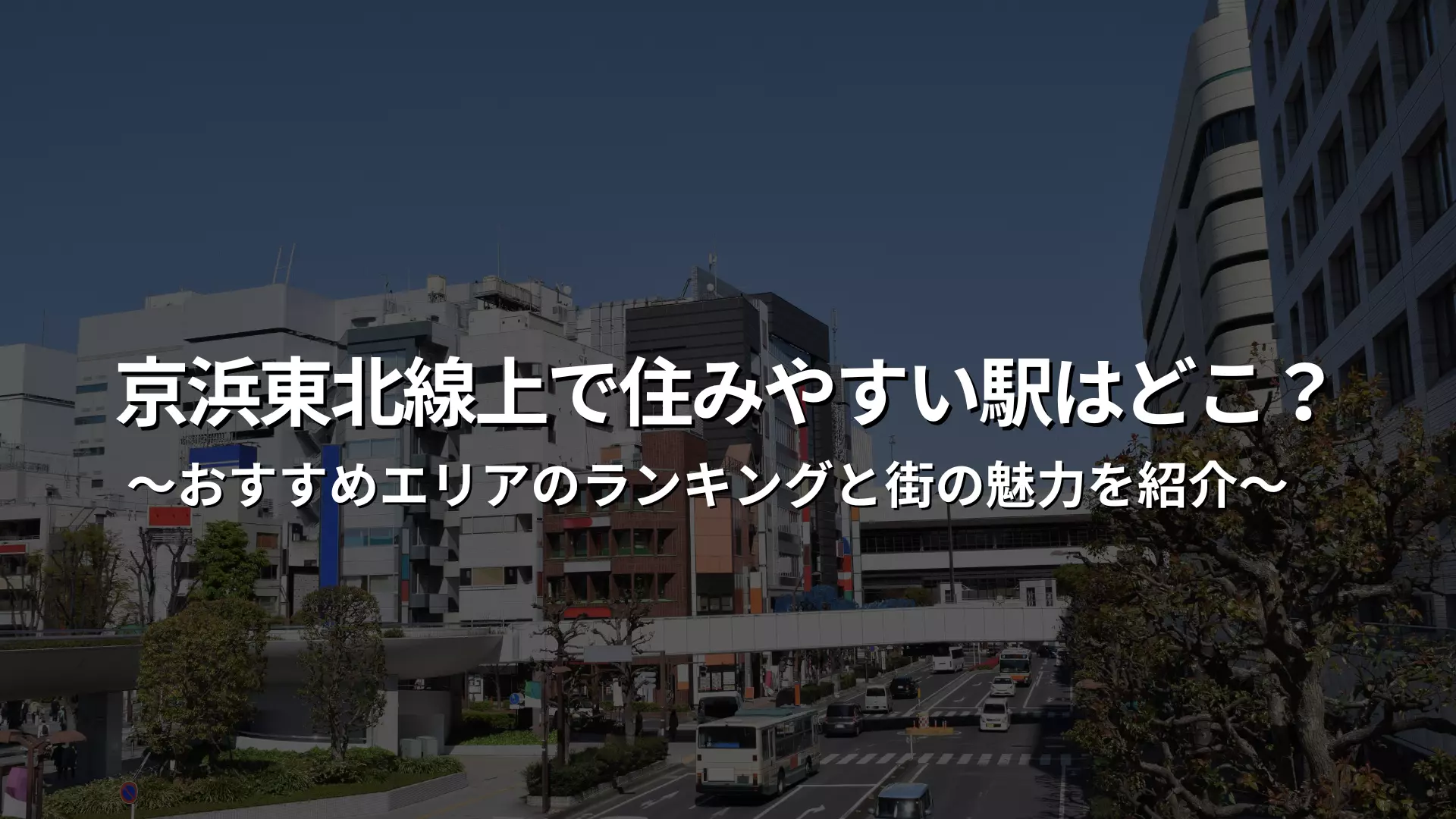Features of fully furnished apartments
A fully furnished apartment is an apartment that comes equipped with the furniture and appliances commonly needed for daily life.The amenities provided vary depending on the apartment, but in general they will often come equipped with a refrigerator, washing machine, microwave, air conditioner, as well as a bed, desk, chairs, sofa, and storage furniture.
One of its features is that you can move in immediately, which helps save on initial costs.
Ready to move in
Since the furniture and appliances are already provided, tenants can start living right away. There is no need to bring furniture and appliances from home or buy new ones when moving.Savings on initial costs
You can reduce initial costs because you don't need to hire a moving company to transport your furniture and appliances or purchase new furniture or appliances.However, since the landlord has to purchase the furniture and appliances and pay lease fees, the rent may be set higher than for apartments that do not come with furniture and appliances.
In other words, while you can save on initial costs, be careful as the running costs of monthly rent can be high.
What is a security deposit?
A security deposit is money paid to the landlord when renting a property, and is sometimes called a "shikikin." It is often called a "shikikin" when renting a residential property in the Kansai region, and when renting an office property in the Kanto region.On the other hand, in the Kanto region, the deposit is treated as the same as the guarantee deposit. When you sign a rental contract, you pay the first month's rent, but you must also pay a guarantee deposit at the same time. The guarantee deposit is often set at about one to three months' rent.
Therefore, for example, if the rent is 100,000 yen and the deposit is two months' rent, you will need to prepare a total of 300,000 yen for one month's rent and the deposit.
Definition of Deposit
If such a large deposit is required, the initial costs will be so high that some people may find it impossible to borrow.However, a security deposit is money that a tenant deposits with the landlord when renting a property to protect the property and cover overdue rent payments. In other words, it is assumed that the money will be refunded.
It is true that you need to prepare a lump sum of money when signing the contract, but the deposit is money that will be returned if nothing happens when the contract expires or when you cancel the contract and move out. It is like a deposit that you give to the landlord as collateral for renting a property.
In addition to the security deposit and security deposit, you may be charged a fee called key money. Key money is paid to the landlord as a token of appreciation for the property, and is not refundable.
If you are considering making a payment with the expectation of receiving a refund, make sure to check carefully whether it is a security deposit, security deposit, or key money before signing a contract.
Refund Conditions
The deposit is refundable if no issues occur during the rental agreement.If you are behind on your rent, the amount will be deducted from your deposit, and if that is still insufficient you will be asked to pay. This is unavoidable, since rent is an obligation to pay as compensation for renting a property.
On the other hand, if you damage the floors or walls of the rental property, or cause them to become dirty or damaged beyond normal use, the costs of repairs, cleaning, and replacement may be deducted from your deposit.
Search from 6,568 rooms of 921 properties
The role of security deposits in furnished apartments
Is the security deposit for a furnished apartment different from that for a standard apartment without furniture and appliances? Let's take a look at its role.Damage risk coverage
Furniture and appliances are provided and may include coverage for damage or breakdown of these.In the case of apartments that come with furniture and appliances, if you damage the interior decor such as floors or walls, or break or severely soil water-related fixtures such as the bathtub, kitchen, or toilet, or if you damage furniture or appliances or leave them so dirty that they cannot be used by the next tenant, the cost of repairs or replacement may be deducted from your security deposit.
The peace of mind of a rental contract
A security deposit is a risk management measure for the landlord and also helps tenants avoid trouble.Landlords pay for furniture and appliances by purchasing them with their own money or leasing them out, and therefore bear the costs. Although they add this cost to the rent, if something breaks and you need to buy a new one, there may be cases where the monthly increase alone is not enough to cover the cost.
In such cases, if the security deposit can cover the cost, you can have the item replaced quickly.
Without a security deposit, you would have to charge the tenant directly for repair or replacement costs, but some tenants may be able to pay the rent but not be able to cover a sudden lump sum, so it is safer to be able to cover the costs from the security deposit.
On the other hand, it also provides peace of mind to tenants.
If you accidentally damage an electrical appliance or furniture, or break it due to improper use, you may be charged for repairs or replacement costs at that time, which can become an unexpected expense and you may not be able to pay immediately, or you may find yourself in trouble as you do not have enough money for living expenses.
However, if the costs are covered by money you have deposited in advance, you will avoid unexpected expenses.
Although the amount of the deposit returned at the end of the rental contract or when you move out will be reduced, this is money that has already left your hands and you have likely lived with it as if it were something you can't use, so it is less of a burden for the tenant and gives you a sense of security compared to being suddenly asked to pay for repairs or replacement costs.
summary
A security deposit is money that is given to the landlord at the time of signing a lease, as a sort of collateral, in case of non-payment of rent or damage to the rental property.If there are no problems, the money will be refunded when the rental contract expires or when you move out. If the apartment is furnished, the money may be used to cover repair or replacement costs if any furniture or appliances are broken.
A security deposit is money that a tenant deposits with the landlord when renting an apartment with furniture and appliances, to cover overdue rent, the maintenance of the property, and damage to the furniture and appliances. It is refunded if there is no damage to the property when you move out.


